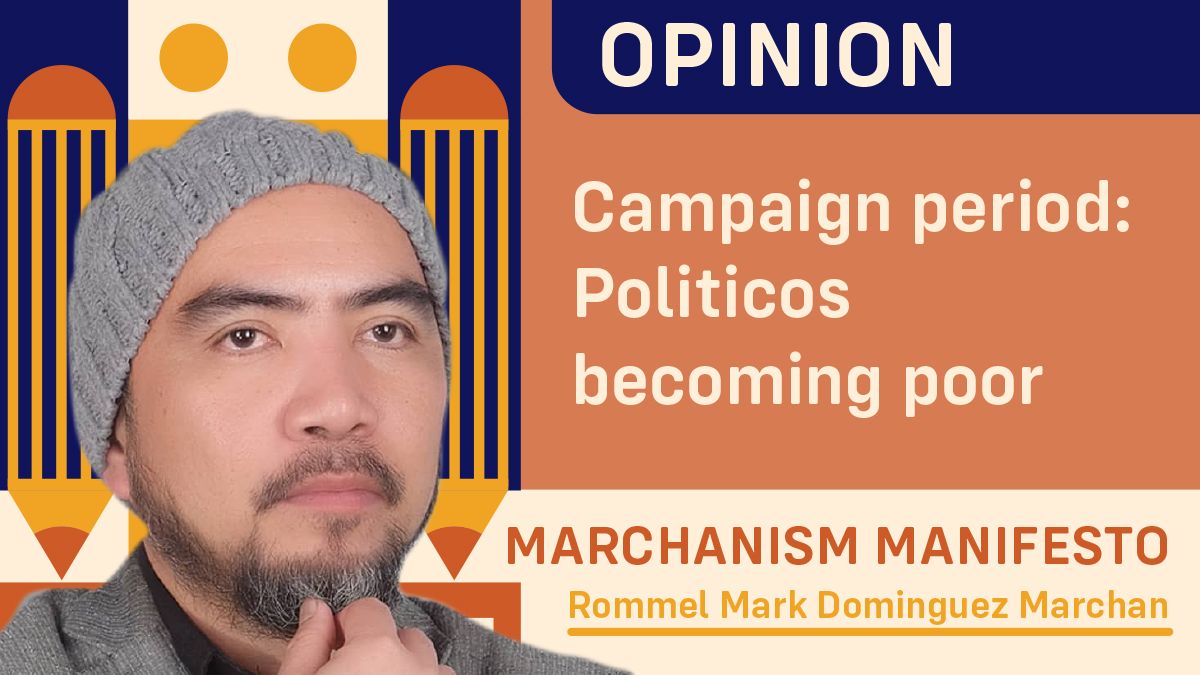During the election campaign period, it is not uncommon to observe politicians adopting a façade of poverty or hardship in an effort to connect with the electorate and solicit their votes. This phenomenon often raises questions regarding the authenticity of their portrayals and the ethical implications of such strategies. Politicians may intentionally highlight personal sacrifices or woes, portraying themselves as relatable figures who understand the struggles faced by the average citizen.
One tactic employed by these individuals is the strategic use of visual imagery, wherein they may don simple clothing or refrain from utilizing lavish resources typically associated with wealth and privilege. By doing so, they aim to evoke a sense of empathy among voters, thus positioning themselves as champions of the working class. For instance, visiting low-income neighborhoods while sharing anecdotes about financial adversity can create a compelling narrative meant to resonate with constituents who feel marginalized.
However, this deliberate construction of a "poor" image can be seen as disingenuous, particularly when evidence surfaces that contradicts such portrayals. Many voters prefer candidates who are transparent and authentic, leading to a growing skepticism towards politicians who engage in superficial attempts to garner votes. Consequently, while the strategy of presenting oneself as economically disadvantaged may generate short-term engagement, it poses significant risks concerning long-term trust and credibility.
Furthermore, this approach can inadvertently contribute to the perpetuation of stereotypes and misconceptions regarding poverty. By oversimplifying the complexities of socioeconomic struggles, politicians may inadvertently reinforce harmful narratives that fail to appreciate the diversity of experiences among those living in financial hardship.
In conclusion, the practice of politicians seeking to embody poverty during election campaigns raises critical ethical questions and challenges the ideals of authenticity and integrity in political discourse. As the electorate grows more discerning, the efficacy of such strategies will likely diminish, urging candidates to adopt more genuine means of connecting with voters based on shared values and real-life experiences.
#WeTakeAStand #OpinYon #OpinYonColumn #MarchanismManifesto
